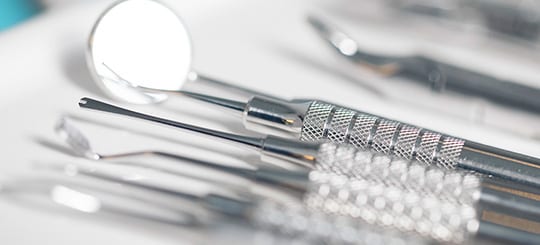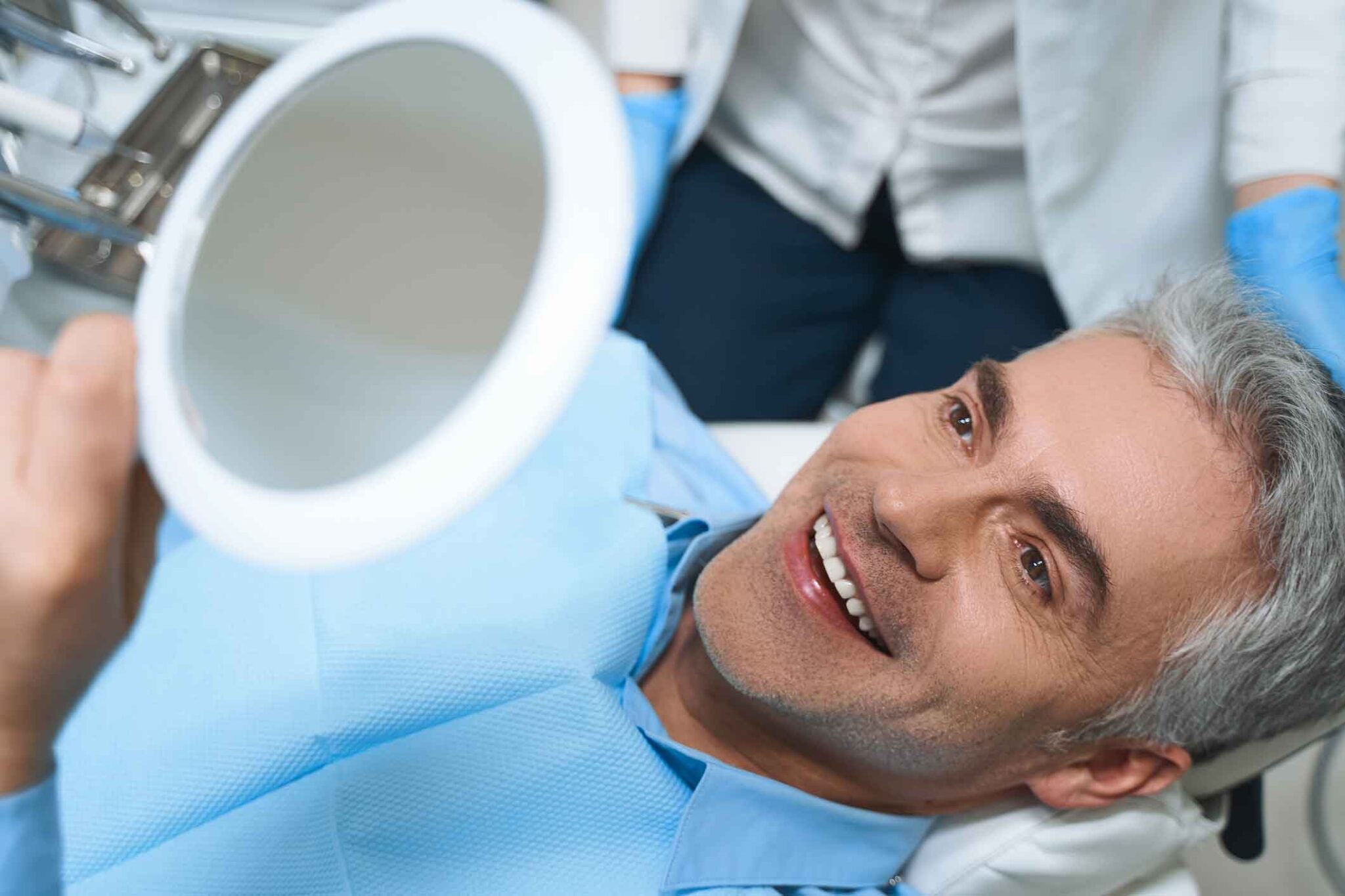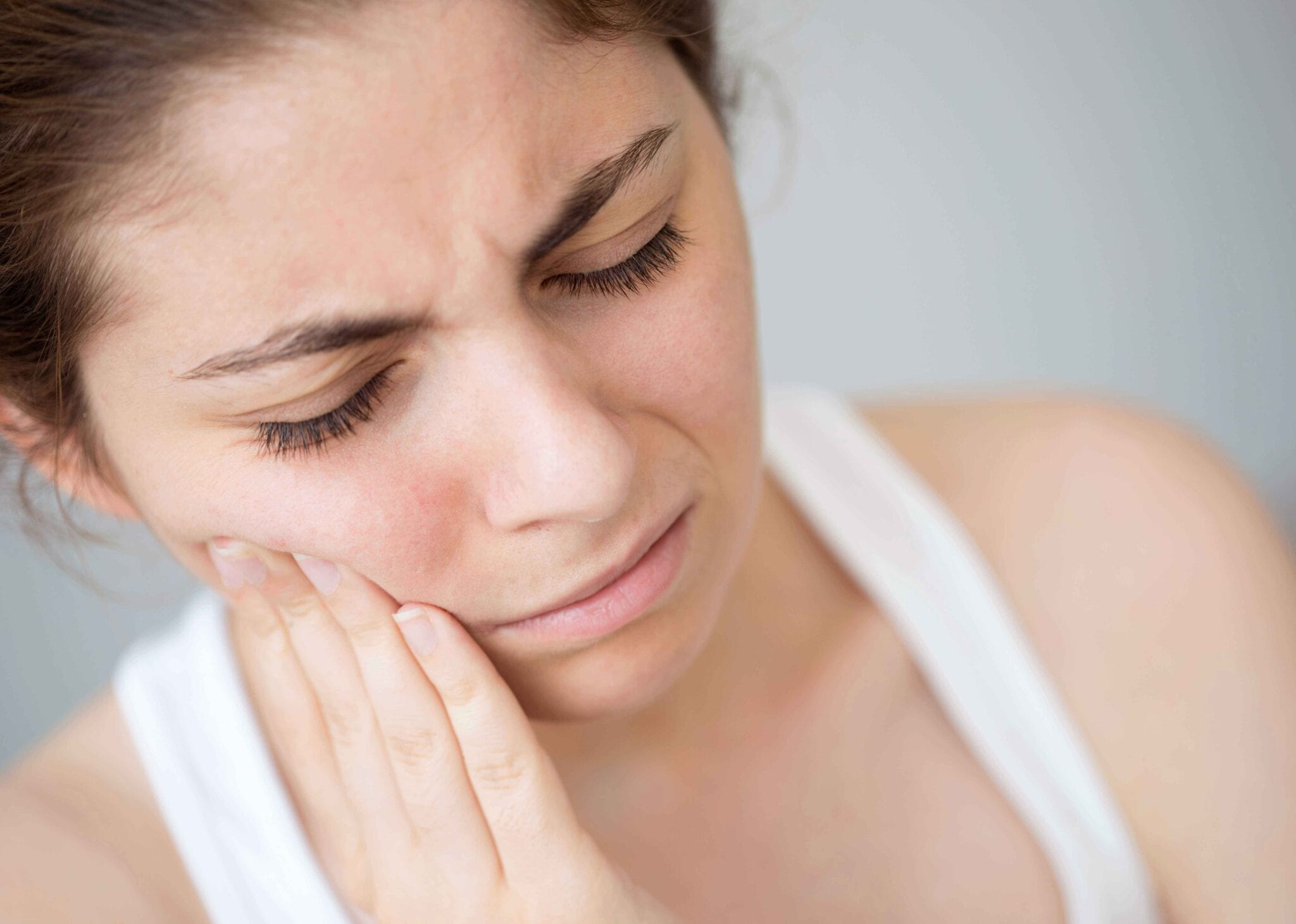 Oral surgery requires different patient preparation than other surgeries due to the nature of oral procedures. A patient undergoing oral surgery must be aware of what to do before and after surgery to minimize risk and maximize recovery.
Oral surgery requires different patient preparation than other surgeries due to the nature of oral procedures. A patient undergoing oral surgery must be aware of what to do before and after surgery to minimize risk and maximize recovery.
The Day Before
Once you know when your oral surgery will take place, you can begin to prepare. Speak to your dentist for details about your specific surgery, but follow a few general rules. If you’re a smoker, put as much time as you can between smoking and surgery. You can’t smoke at all at least 12 hours before surgery. You can’t eat or drink anything (including water) for six hours prior to your surgery.
Ask questions at appointments leading up to your surgery. Ask your surgeon what type of anesthesia you’ll receive, how complicated the procedure will be, how long it will take, and what you need to do to optimize recovery. Your surgeon has a wealth of knowledge and can put all of your concerns to rest. Use pre-op appointments as a resource for your questions to get answered.
Arrange for Post-Surgery Ride and Care
The effects of anesthesia may not wear off completely right away, and you shouldn’t drive for 24 hours after surgery. Arrange for a trusted friend or family member to bring you to and pick you up from your oral surgery. You’ll also need to arrange for post-operative care while you recover. You may not be able to manage your medication, gauze changes, etc. Make sure you’ll be well taken care of before undergoing oral surgery.
The Day of Surgery
Wear loose-fitting clothing with no sleeves or sleeves that can be rolled up to the elbow. Your oral surgeon will administer local anesthesia as well as sedation anesthesia, which is given via an IV. You should remove any contact lenses, dentures, jewelry, or other things that may interfere with surgery. Don’t wear lipstick, heavy face makeup, or nail polish the day of. Your surgeon needs to be able to perform the surgery without any interference.
The Day After
You’ll need to prepare yourself for post-operative procedures and proper care. Stock up on foods fit for a post-surgery diet, including soft or liquid foods (but generally avoid using straws). Create a comfortable recovery space with blankets and entertainment readily available. Depending on the type of oral surgery, your recovery period will vary. Contact OMSNashville for more information about post-op preparations.
The information and content on our website should not be used as a substitute for medical treatment or advice from your doctor.












